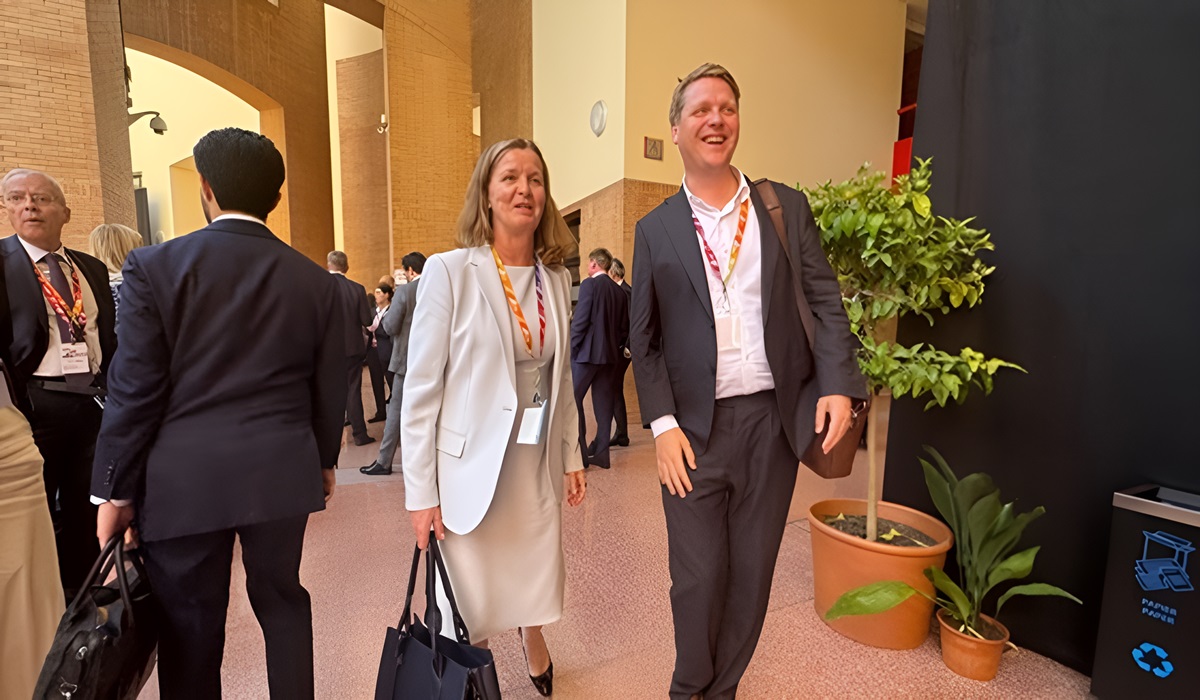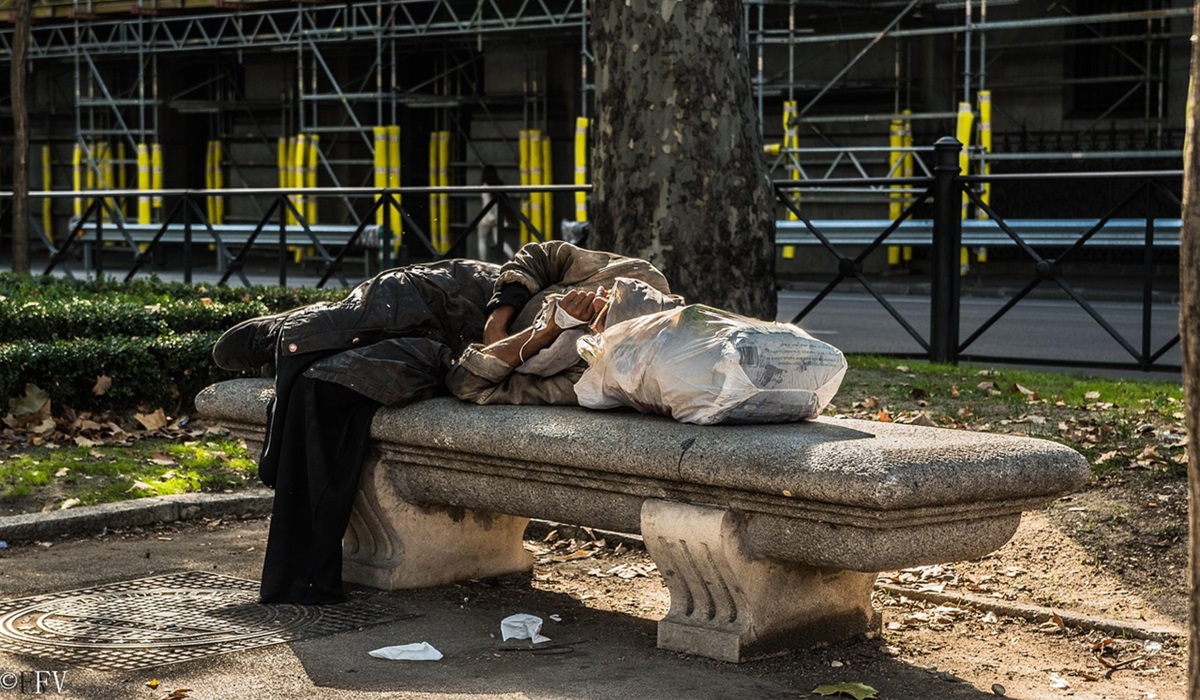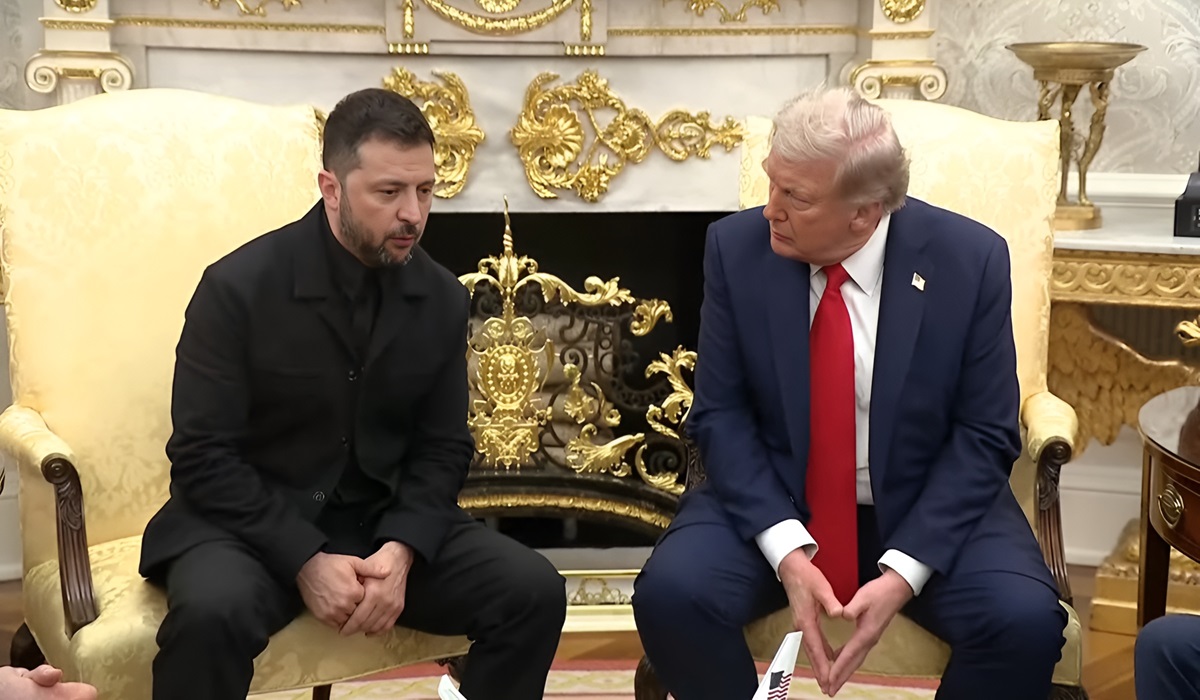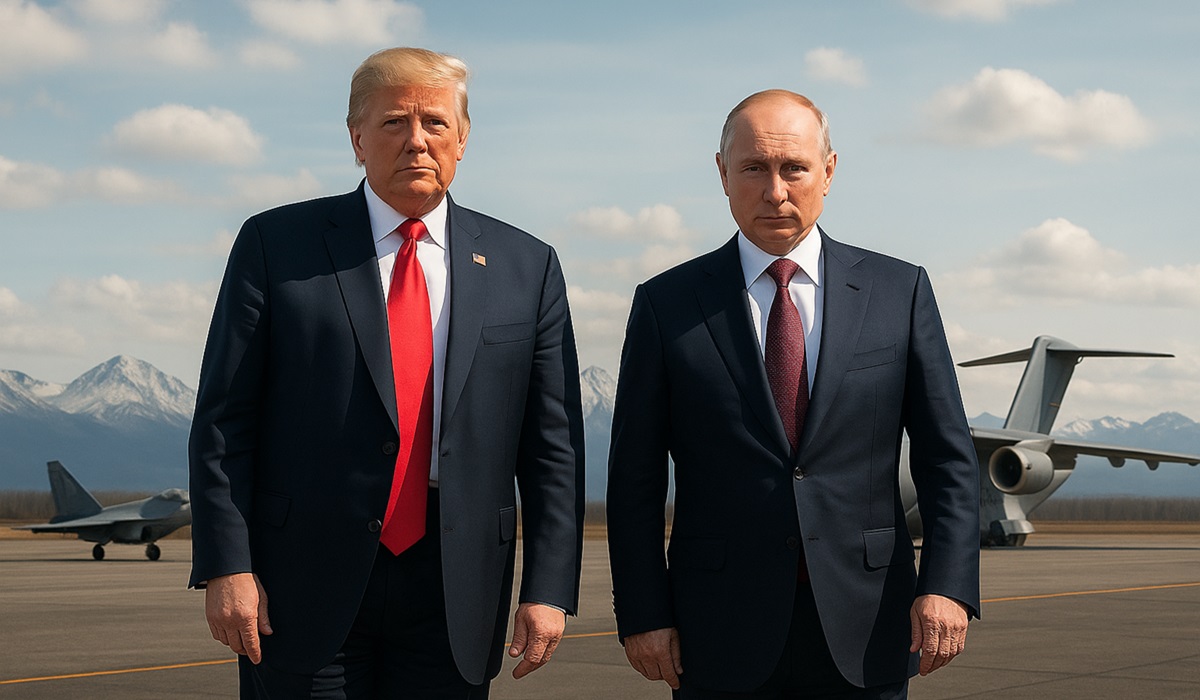The World Convenes in Seville to Tackle Trillion-Dollar Sustainable Development Gap
- Kingston Bailey
- Breaking News
- Europe
- June 30, 2025

Seville, Spain — June 30, 2025, With the clock ticking toward the 2030 deadline, world leaders and international delegates have gathered this week in Seville for the Fourth International Conference on Financing for Development (FFD4), aiming to confront one of the most pressing challenges of our time: how to finance the Sustainable Development Goals (SDGs). The task ahead is formidable—an estimated $4 trillion annual funding gap must be bridged if the global community is to meet its ambitious commitments.
Norway’s Minister of Development, Åsmund Aukrust, is among the prominent figures at the conference, urging both public and private sectors to do more. “To achieve the Sustainable Development Goals, more resources must be mobilized… I am working to ensure countries commit to concrete actions to combat poverty, hunger, and climate change,” said Aukrust in Seville.
The conference comes at a time of growing global concern that momentum toward the SDGs has not only stalled but, in some areas, reversed. Progress on key goals like education, healthcare access, and climate resilience has been undercut by persistent underinvestment, worsening inequality, and mounting geopolitical tensions.
That urgency is reflected in the attendance and ambition of FFD4. With participation from nearly every country, the event aims to re-energize international collaboration around development finance. Despite diplomatic friction—including the notable withdrawal of the United States from the negotiation process—a draft final declaration was adopted by consensus in New York earlier this month and will be formally endorsed today in Seville.
Norway has played a pivotal role in the lead-up to the conference. Alongside Mexico, Nepal, and Zambia, it served as one of the key facilitators of negotiations, a role that involved drafting proposals and bridging divides among UN member states.
Minister Aukrust emphasized that Norway’s influence has gone beyond symbolic support. “Several of Norway’s main priorities are included in the declaration,” he noted. These include embedding anti-corruption as a cross-cutting theme, pushing for responsible borrowing and lending standards, improving domestic tax systems, and reinforcing international tax cooperation.
Perhaps most notably, gender equality made its way into the declaration text—an achievement Aukrust credits to persistent diplomatic effort.
While traditional development aid continues to play a role, the Seville summit is shining a light on deeper systemic issues. Countries are being encouraged to adopt fairer tax regimes, tackle illicit financial flows, and attract sustainable private capital. Reforming global financial governance is also a high priority, particularly ensuring that developing nations have a real voice in institutions that set the rules of the financial game.
The conference is also addressing structural inequities in international borrowing, including lowering borrowing costs for low-income countries and enhancing their access to emergency financing.
With the formal adoption of the declaration, attention now turns to the hard part: implementation. As global instability, inflation, and climate emergencies strain national budgets, countries are being asked not just to commit—but to act.
The consensus reached in Seville, despite one major absence, signals that international cooperation on development is still possible. But declarations alone won’t close the $4 trillion gap. The real test will be whether nations translate this week’s rhetoric into tangible change before the SDG deadline fades into history.
Because if the world misses this window, it won’t be for lack of knowledge—it will be for lack of will.








